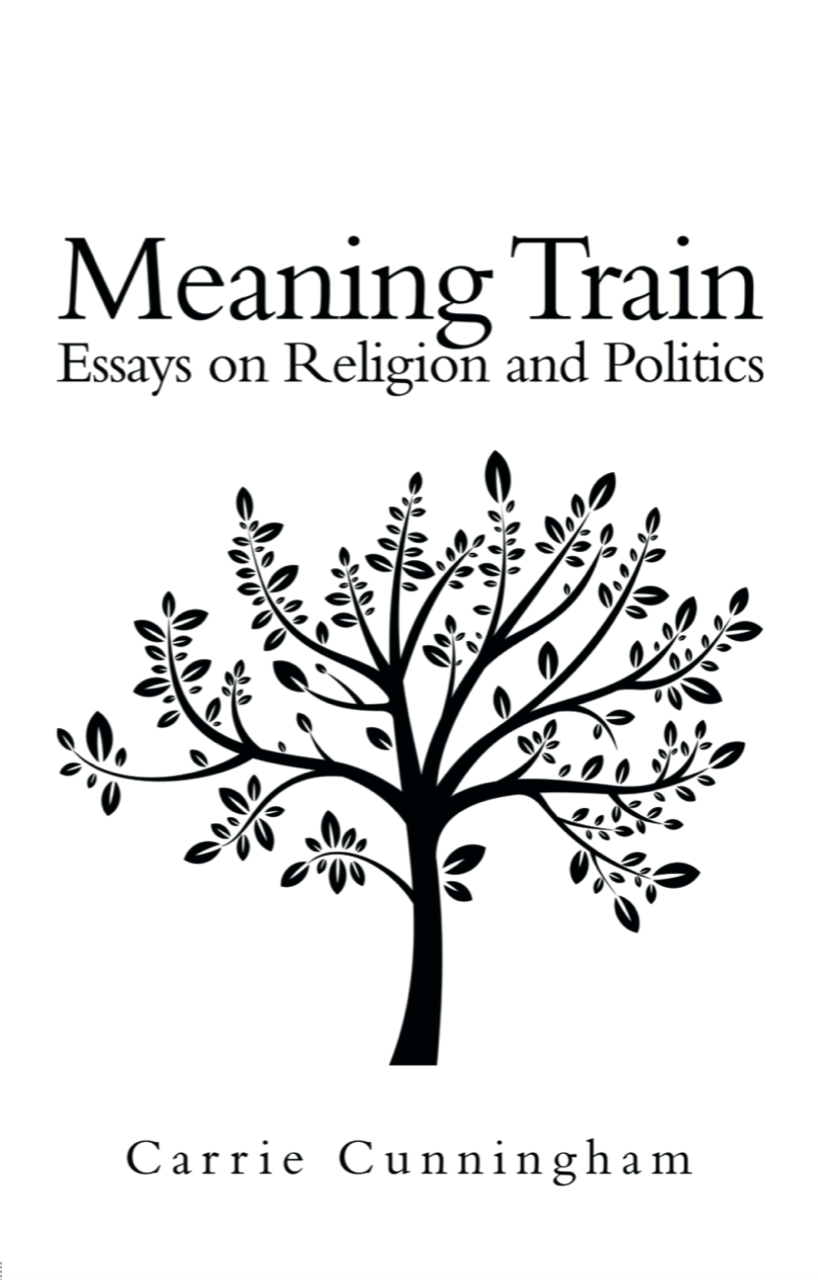Carrie Cunningham
I am a religion and politics writer. I have reached a point in my life where my principles are sacrosanct, and my hopes are secure. I am a progressive Christian, and through my writing, I aim to illuminate how religion can be a force for good. I believe the politically and economically distressed can find equality and economic freedom through the nonviolent and loving tenets of most religions. For me, the answer to human struggle is Christianity. I yearn to build societies based on Jesus’s example. His insight to love everyone was revolutionary for the world.
My route towards becoming an advocate for love and nonviolence has been long and grueling, but also meaningful and rewarding. I grew up in an affluent home in Grosse Pointe Farms, Michigan. My interest in human rights was viscerally grounded in my father’s racism and antisemitism. His parents were from the south, and he was influenced by their loathsome views on racial and religious diversity. Still, he had some goodness within him, and he loved our family. I forgive him for his views.
Coming from humble origins, my mom gave my siblings and me an insatiable love. She dedicated her life to service and philanthropy, raising money for schools and hospitals. My mom taught me the necessity of grace by enduring hardship and caring about the world.
As a student at Harvard College in the 1990s, I valued the growth of my intellectual life. To be sure, it was at Harvard where my interest in human rights began and flourished. I majored in American History and minored in African History. The first class I took with my favorite professor, James Goodman, centered on 1920s and 1930s in American history. It changed my life. I learned about how Franklin Roosevelt made some progress on race, and I was introduced to the southern psychology of white hegemony. This enlightenment about race in America revealed the potential source of my father’s vitriol. Moreover, it nurtured my nascent voice on civil rights. My work on apartheid for African history classes was equally meaningful.
When my mom died of breast cancer in 2000, I became a Christian. I was previously an atheist and unaware of how faith can engender meaning and hope. Upset about my mom’s death and also dispirited and frightened about a violent world, I found solace in the majesty of Jesus. My faith in Jesus grew when I obtained a lay degree in the Episcopal religion from the University of the South. Later, at Wayne State University, I learned about other religions like Judaism and Islam as I worked towards another bachelor’s degree in Near Eastern Studies. This religious journey gave me a new sense of purpose to help the world via nonviolent and loving principles.
My route towards becoming an advocate for love and nonviolence has been long and grueling, but also meaningful and rewarding. I grew up in an affluent home in Grosse Pointe Farms, Michigan. My interest in human rights was viscerally grounded in my father’s racism and antisemitism. His parents were from the south, and he was influenced by their loathsome views on racial and religious diversity. Still, he had some goodness within him, and he loved our family. I forgive him for his views.
Coming from humble origins, my mom gave my siblings and me an insatiable love. She dedicated her life to service and philanthropy, raising money for schools and hospitals. My mom taught me the necessity of grace by enduring hardship and caring about the world.
As a student at Harvard College in the 1990s, I valued the growth of my intellectual life. To be sure, it was at Harvard where my interest in human rights began and flourished. I majored in American History and minored in African History. The first class I took with my favorite professor, James Goodman, centered on 1920s and 1930s in American history. It changed my life. I learned about how Franklin Roosevelt made some progress on race, and I was introduced to the southern psychology of white hegemony. This enlightenment about race in America revealed the potential source of my father’s vitriol. Moreover, it nurtured my nascent voice on civil rights. My work on apartheid for African history classes was equally meaningful.
When my mom died of breast cancer in 2000, I became a Christian. I was previously an atheist and unaware of how faith can engender meaning and hope. Upset about my mom’s death and also dispirited and frightened about a violent world, I found solace in the majesty of Jesus. My faith in Jesus grew when I obtained a lay degree in the Episcopal religion from the University of the South. Later, at Wayne State University, I learned about other religions like Judaism and Islam as I worked towards another bachelor’s degree in Near Eastern Studies. This religious journey gave me a new sense of purpose to help the world via nonviolent and loving principles.

